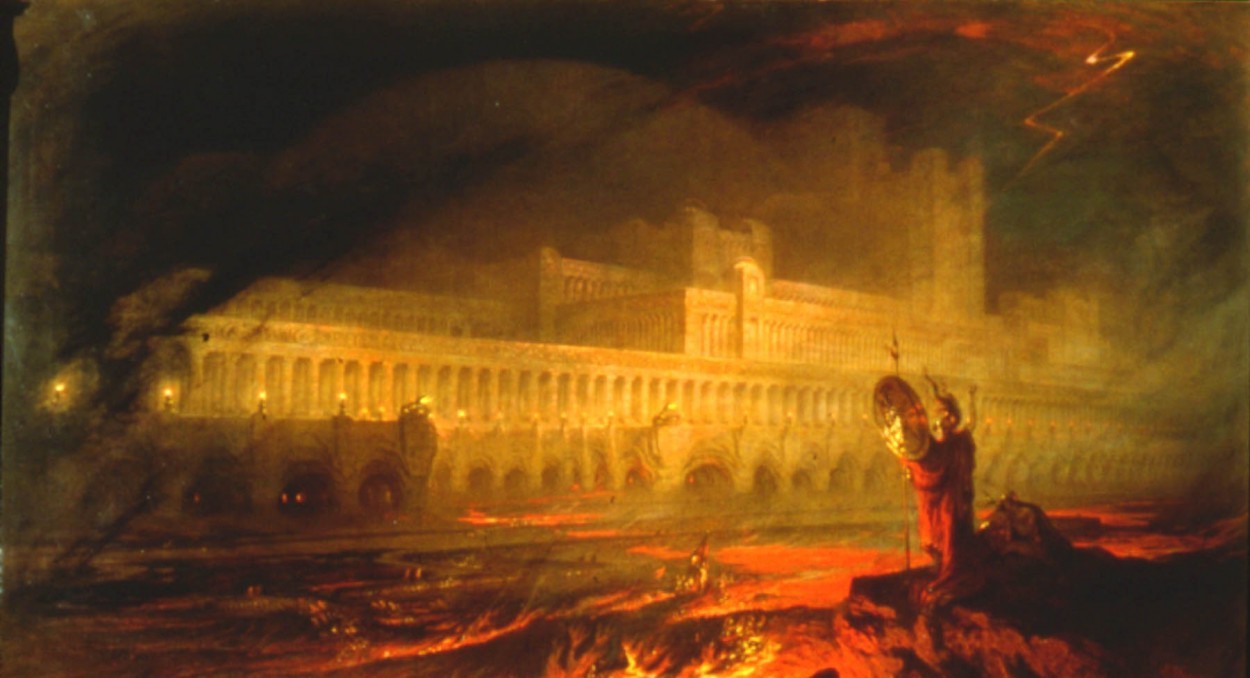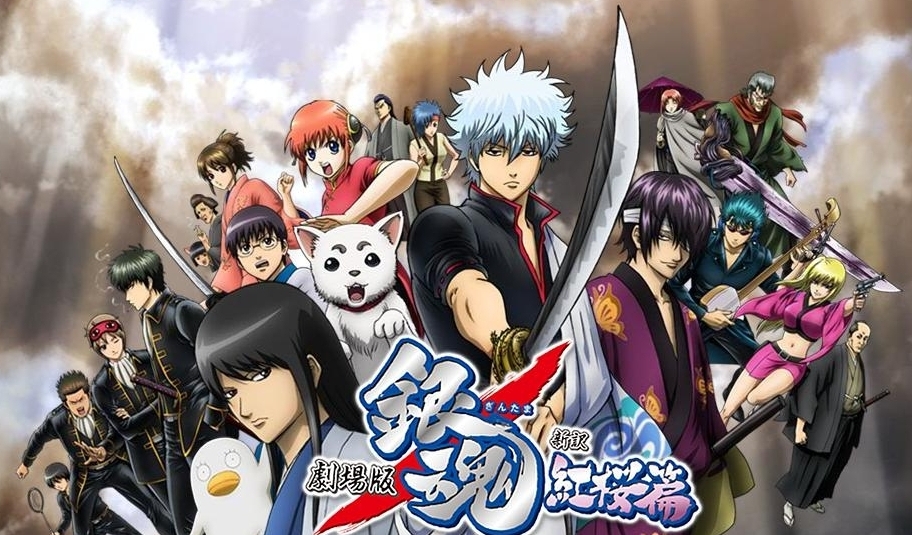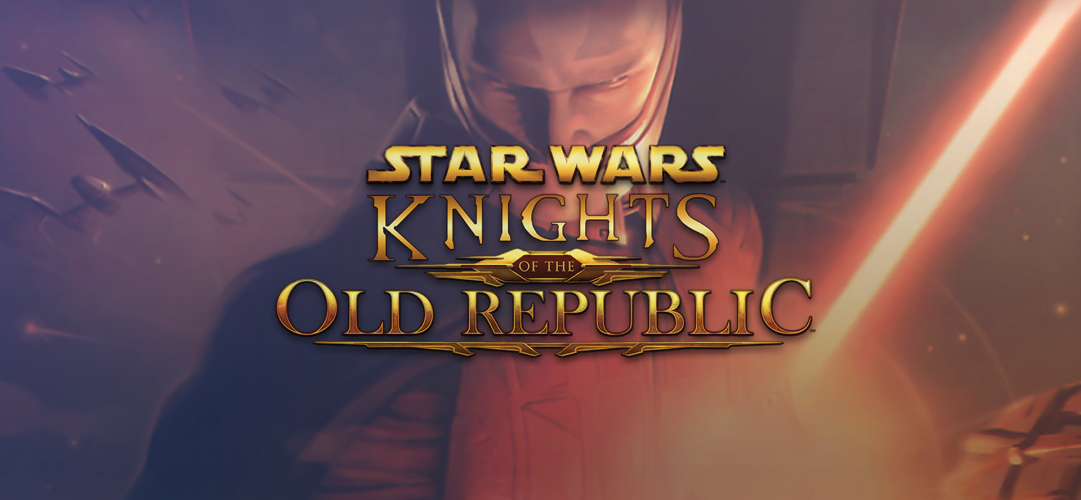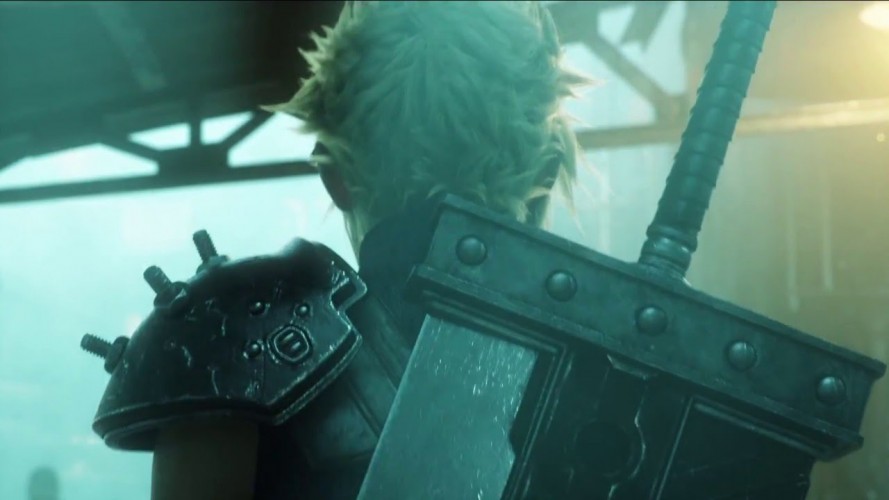An argument that I’ve often made is that in any story the protagonist is just who the camera spends the most time looking at. Which is my roundabout way of saying that in terms of heroes and villains, it’s relative. We root for heroes because we know their stories, and have followed them through the narrative until our wish fulfillment includes them winning the day. At the same time we boo their enemies, because they are the ones standing in the way of our hero making the world an objectively better place. But it is all too easy to forget about what separates the heroic from the villainous. After all, in MacBeth the titular hero kills a bunch of people and becomes king until MacDuff, the villain of that story, comes in and slays him. If the play was called MacDuff then MacBeth is the villain instead. It’s all about perspective. But the real question is whose perspective? The answer is weird. You see, the villain is whoever society says it is, and it decides based on who is trying to destroy it.
The villain is the “Other,” the Boogeymen and Boogeywomen that live on the fringes and aren’t part of polite society. They see the great mead halls and plot murder, scheme to take what they feel belongs to them or feel that fate has wronged them and they deserve better. Basically, the villain is somebody who doesn’t subscribe to the belief systems already in place. Heroes by their nature are a conservative force. Fundamentally they want to maintain the status quo, or return their world to a state of where the moral compunctions of the writer reign supreme.
This leaves villains to be the forces of change themselves. Frequently they are the prime movers, the ones that don’t see a world as it is and instead see it as it could be. That’s not to say that their villainous plots are too often inspirational, and sometimes a villain is just an exceptional thief, but there is no denying that the bad guy is the one who does all the cool shit in the first act.
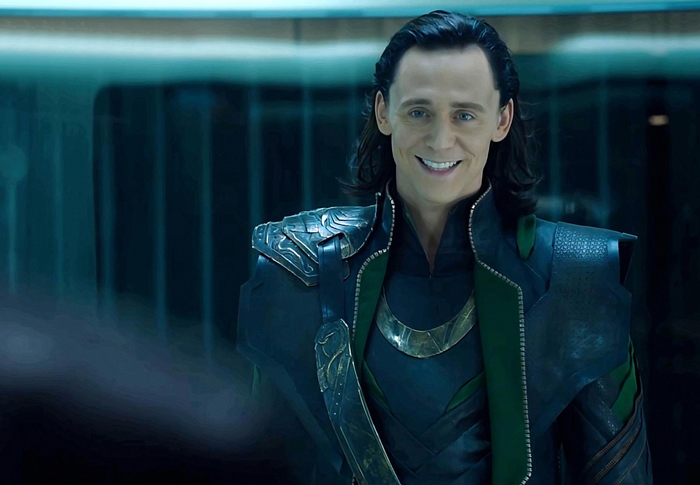
What’s kind of amazing about the bad guy is that these qualities of Otherness and a need to cause change can be really seductive. That’s because in the real world, we’re not strictly status quo and we’re not strictly agents of change either, but something in the middle. There are aspects of every society that you think could be different, but it is the villain on screen that has the full power to do something. They are id and great power personified without any of the “great responsibility” attached, allowing them to do what they feel needs to be done. While their “Otherness” gives them the objectivity and clarity that the heroes too often lack. A villain represents freedom from rules and a casting off of society’s qualms, so it is no wonder that villains are smiling all the time.
From Transylvania, With Love
With all of that in mind, let’s talk about some villains. Let’s start with one of the great all time villains – Dracula. I’m not talking about the one the Belmonts keep needing to whip, or any of the derpy movie ones. No I’m talking about the OG himself, the Dracula that came more or less fully formed from the mind of Bram Stoker. In the original version of the tale, Count Dracula has none of the trappings that would come to dominate his characterization in later years. The high collared cape that makes him look like a dime store aristocrat is nowhere to be seen and Stoker’s Dracula is fortified with vitamin D, and has no problem with sunlight.

Dracula’s Otherness is, bluntly, is based on the fact that he is raw sex in a cape. That’s not just a saucy play on words either – Dracula’s most powerful trait lies in his ability to seduce. And it is this supernatural ability that makes him so terrifying and otherworldly to Victorian audiences. It’s also what makes him so fascinating to modern ones. To wit, when Dracula was published back in 1897, British Society was a lot more conservative than it is today, and this was especially true of how the upper classes saw themselves. In the midst of the Victorian era, maintaining your stiff upper lip and the perception of a certain level of decorum is simply expected in the upper rungs of the social ladder.
The thing is, that’s not really the case. Truthfully, people of that era were into just as many kinky things as anybody, anywhere. It’s even possible, based on anecdotal evidence, that the more repressed a culture is, the more weird, tentacle based, stuff it gets into. But getting back to Dracula, the thing that makes him such a compelling villain is that he doesn’t hold back when it comes to seducing upstanding British girls. In other words, when it comes to courting women, he doesn’t play by the rules. He’s almost tailor made to steal chicks from uptight dudes like Mr Darcy. So to men he’s a dark force that must be stopped, but to women he could be seen as somebody willing to do whatever it takes to win over those he loves. Dracula doesn’t care about what polite Victorian Society has to say about having an affair with a married woman if he loves her, or banging the smoking hot redhead out back in the flower garden.

Even in how Dracula is told there’s a difference. For those of you that haven’t read it, Dracula is something called an epistolary novel. Basically the entire thing is made up of letters, newspaper articles and things like that. There’s no direct narration and because of this, the characters see Dracula differently. To the menfolk he’s a shape-shifting, murderous monster, described as strong and moving at supernatural speeds. The girls don’t talk about him in that way. Instead they talk about his voice, and the way he looks at them. As the story goes along they talk about this power he seems to have over them that makes them do things that they wouldn’t have even considered before. They talk about how they see him in their dreams.
I think that’s what makes Dracula such a compelling villain. He sees a world that isn’t what he wants (one with only 3 vampire brides) and doesn’t care about who is in his way. What is fascinating about it, is those qualities are downright 21st Century. Now, we want the guy to fight for the girl, and breaking societal norms might be acceptable if the love is strong enough. If you flip the script and point the camera at good old Vlad Tepes instead, torn between his love and turning his new girlfriend into a vampire, well there’s probably a good story in there. Or not.
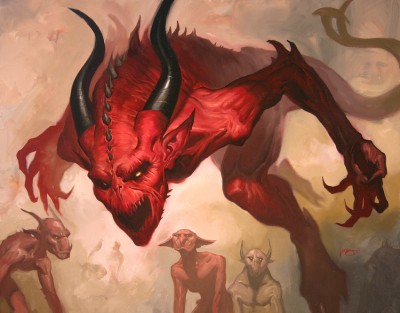
Better to Rule
Moving on to less weighty subjects, let’s talk about the Devil. Specifically, the Christian Devil and more specifically still Satan née Lucifer in Milton’s Paradise Lost. For those of you in the know, Lucifer in Paradise Lost does something weird narratively since he breaks with the whole “protagonist is whomever the camera is pointed at” rule, since the reader spends a lot of time with him. In spite of that, he is definitely the villain, and in the 2nd half of the story he is the one that tempts Adam and Eve with a delicious fruit salad filled with knowledge.
But, I think that Lucifer would have made a really compelling villain in his day. First of all he’s got great visibility, and people already know him. In truth you could argue that Paradise Lost is just biblical fanfic. More importantly, Lucy and his war are a metaphor for the English Civil War, and his Otherness is based on how England saw the rebellious after the Restoration.
Yeah, John Milton lived in interesting times and was an interesting dude. The short version is that he was directly involved with the ECW and was a colleague of Oliver “Banned in Dublin” Cromwell. Due to that Milton saw the entire war and Protectorate from its early days to the Restoration when the English decided they wanted a king again. Milton’s argument was that the revolution lost its way, and Paradise Lost is a play on those ideas.

But in terms of being the Other, Lucifer is that. I mean, it takes some serious outside the box thinking to be like, “Hey, I know you created the universe and all of that, but you’re not the boss of me.” For people living under the rule of an absolute monarch, Lucky Luce represents freedom is its purest form and the opposite of what contemporary society has asked of them. Like the revolutionaries, he doesn’t want a king, and is willing to define his world as he wants it, leading to his most famous quote, “Better to rule in Hell than serve Heaven.”
He’s a villain because he is trying to fight against what is the entire heavenly hierarchy – the basis upon which religion itself stands. A whole cosmology is stacked against him, and yet Lucifer fights for himself and his followers recognizing (in his eyes at least) that as far as he is concerned the system is not fair. Instead the other angels (metaphors for Royalists) are too afraid to stand up for themselves, or have vested interests in the status quo.
But then, he’s where the commentary comes in. In Paradise Lost, things are more or less going well for the infernal council. They have new digs, and don’t have to take orders from the voice in the sky, much like the ECW after Charles no. 2 misplaced his head. In PL, the fallen angels decided that what they really needed to do was cause trouble up on Earth, which is really not what the mission parameters were. In the same way doing all kinds of extra stuff (*cough* invade Ireland *cough* start shit with Scotland *cough) made the government of the revolution weak and led to its eventual downfall. In effect, much like Cromwell, Lucifer is somehow a tragic villain, who threw away gains in an effort to make some kind of stupid political point. Milton is almost challenging us, saying, “this is what happened, and this is what not to do the next time you challenge Heaven.”
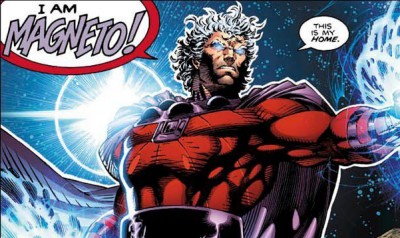
The Master of Magnetic Polarization
Moving along to something less contentious than religion, let’s take a moment and talk about militant activism and the Civil Rights Movement. The poster child for such activism is of course a white dude named Magneto. Created by Stan Lee and Jack Kirby in the 1960s during a time of racial strife and prejudice in the US, Magneto represents the face of violent activism. Unlike his counterpart, he has a deep seated feeling that his people (mutants) are in danger of extinction. What’s interesting is that for the most part, Magneto is not entirely wrong. In the world of the X-Men there are powerful forces at work that would wipe his race out. What makes him an “Other” is not his message or even his race, but that his methods.
Back in the 60s, there was difference of opinion when it came to proponents of civil rights. On the one hand there was Martin Luther King Jr. who proposed a method of peaceful non-violence and quiet dignity. On the other was the Black Panther movement and Malcolm X – who at one point argued (as Magneto does) for the superiority of his own race. In both situations they were fighting against the racial segregation of the time, and were attempting to correct what they saw as social injustice. For each, the motivations were sincere, but one set of methods was more acceptable within the confines of the society. The other featured a militant Brotherhood.
For Magneto, being part of the “Other” is what defines him as a character. He fights no matter the cost to protect people that are like him. The great irony for Magneto is that his very methods create the circumstances where mutants are feared. He’s doing the wrong things for the right reasons. In an interview for Marvel Spotlight, Stan Lee had this to say about the master of magnetism, “He just wanted to strike back at the people who were so bigoted and racist… he was trying to defend the mutants, and because society was not treating them fairly he was going to teach society a lesson. He was a danger of course…”
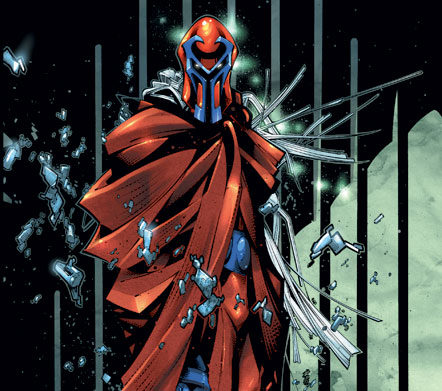
Proof that it’s not his goals that are the problem lies in the Age of Apocalypse mini-series. It takes place in an alternate dystopian universe where Charles Xavier has died, leaving Magneto as the sole leader of mutants. However, since the world is controlled by the titular Apocalypse, Magneto’s stated goal to protect his people is still in effect. The worldview and violent methods that ostracize him in the regular continuity is rendered irrelevant by the circumstances present in the alternative narrative. Coincidentally, in this story Magneto is the leader of the X-Men and one of the lead protagonists. His villain status falls away since his methods are no longer seen as extreme, but with the caveat that the world has figuratively gone to shit.
Of course, there’s always that camera picking out the protagonists, aiming their lenses at their chosen characters. But fundamentally, it is how somebody sees the world differently than other people that has them branded as a villain. But it is important to always remember that there is a very thin line between being the bad guy, and being the tragic hero.

